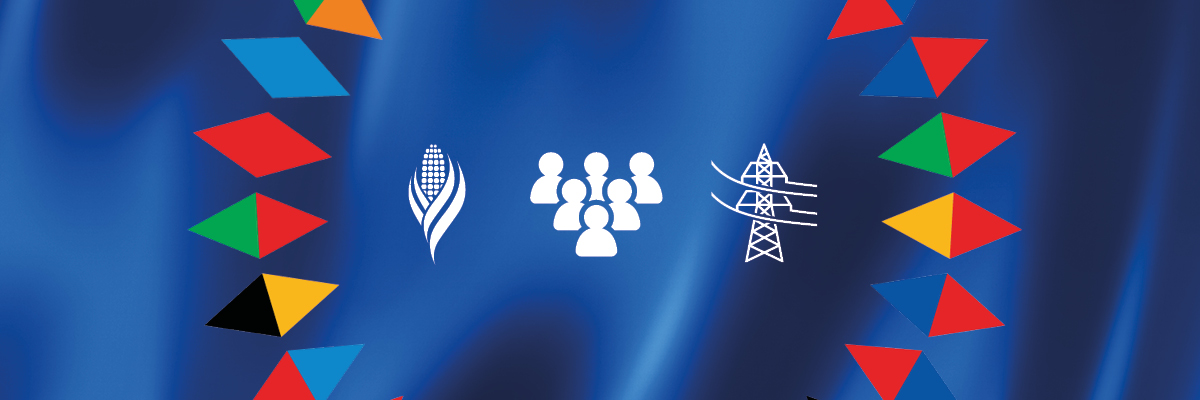
Michaela Pixová
 Michaela Pixová is a researcher at the Institute for Development Research at BOKU, Vienna, and lecturer at UMPRUM and UNYP in Prague. Her research and publications focus on urban restructuring, social movements, feminism, environmental crises, and social-ecological transformation. She is currently working with three international teams on projects exploring alternatives to the corporate food regime; just transition in the built environment; and sustenance of civil society in the context of Multiple Crises in Central and Eastern Europe and Sweden.
Michaela Pixová is a researcher at the Institute for Development Research at BOKU, Vienna, and lecturer at UMPRUM and UNYP in Prague. Her research and publications focus on urban restructuring, social movements, feminism, environmental crises, and social-ecological transformation. She is currently working with three international teams on projects exploring alternatives to the corporate food regime; just transition in the built environment; and sustenance of civil society in the context of Multiple Crises in Central and Eastern Europe and Sweden.
‘Alternatives’ to the corporate food dominance as an indispensable condition of societal resilience
Since the fall of the Iron Curtain, a corporate food regime has unfolded in Central and Eastern Europe. Two main developments can be identified in contemporary Czechia: a small number of agroholdings dominate the largest share of agricultural land and, conversely, a large portion of the population is engaged in various forms of food self-provisioning activities. By combining food regime theory with critical state theory, we analyze how ‘alternatives’ unfold in the Czech corporate food regime and in the specific post-socialist context. The welcomed opening of the country to the capitalist ‘West’ and the dominance of large agricultural enterprises that carry the legacy of socialist collectivization have set the ground for a hegemonic ‘food from nowhere’ project which distances consumers from producers within globalized and unsustainable agricultural and food systems. The parallel world of ‘food from somewhere’, which relocalizes food production under agroecological principals of equity, sustainability and democratic control, on the other hand encounters difficulties due to the large concentration of foreign retail chains, interrupted farming tradition, inaccessibility of land, and distrust in the state and in organizing on the ground. Further complications can be attributed to uncoordinated and sectoral policymaking and a general lack of societal and institutional interest in the question of food, the right to food and food sovereignty in the context of enfolding crises. We argue that democratic control over production and consumption of food constitute an indispensable condition of sustainability, equity and resilience, and ‘alternatives’ to the corporate food regime should thus receive much more attention and institutional support.